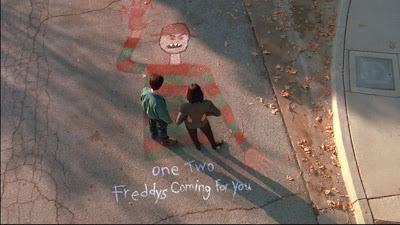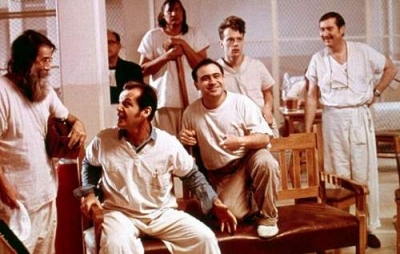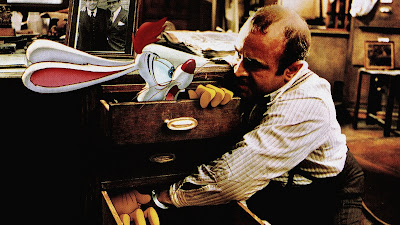
2. Shaun of the Dead (UK, Edgar Wright, 2004, 99min.)

3. The Nightmare Before Christmas (US, Henry Selick, 1993, 76 min.)

4. Clownhouse (US, Victor Salva, 1989, 81 min.)

5. Freddy's Dead: The Final Nightmare (US, Rachel Talalay, 1991, 89 min.)

6. Tombstone (US, George Cosmatos, 1993, 130 min.)

7. One Flew Over the Cuckoo's Nest (US, Milos Forman, 1975, 133 min.)

8. Jurassic Park (US, Steven Spielberg, 1993, 127 min.)

9. Who Framed Roger Rabbit (US, Robert Zemeckis, 1988, 104 min.)

10. Snatch (UK, Guy Ritchie, 2000, 104 min.)
